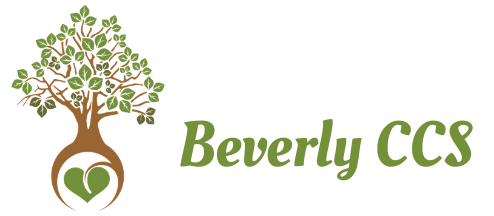After Someone Hurts You
"When you are your own best friend, you don’t endlessly seek out relationships, friendships, and validation from the wrong sources because you realize that the only approval and validation you need is your own."
~ Mandy Hale
The year that my partner and I moved to Alaska is momentous, infamous in fact, among the collection of stories that make up the life we have shared for 20 years. After a vacation in Alaska, we agreed that living there for a while would be a good change for us, since re were recent “empty nesters”. Not long afterward, I was offered a job on a remote Alaskan island. The move was complicated, which made it impossible for us to travel together. I left Wyoming in October with a friend, and a cat, and most of our belongings in a U-Haul truck. Driving a truck on interstate highways that were crowded with semis was a terrifying experience, so I was glad when were on board for my first extended ferry ride. However, seasickness kept me confined to my bunk in misery for most of the two-day trip from Canada to southeast Alaska. Once arrived, I discovered that autumn in a moderate rain forest means almost constant cold, driving rain. Within weeks, I had developed SAD (seasonal affective disorder) from the drastic change in light exposure.
For the next month, alone in an alien environment, I struggled to cope with my own insomnia, depression, and anxiety while providing counseling services to people with severe substance abuse, trauma, and domestic violence experiences. Back in Wyoming, my partner was left on his own to complete the sale of our house, leave a 25-year career that he loved, find a home for a second cat we could not keep in our new place, and pack all our fragile items and an elderly dog into our pickup truck. His hazardous December journey on icy, snow-covered mountain roads seemed interminable. I was frantic with worry for his safety.
Rather than the sweet reunion we looked forward to, our first few months together were marred by sickness, exhaustion, and over-reactive nervous systems. We hit brick walls in conversations. Insignificant decisions like where to hang a photo or whose turn it was to walk the dog quickly became arguments. We missed our daughter intensely and felt disconnected from her life as college student. We missed the Wyoming sunshine, ready access to stores, and our close friends.
Through a series of painful conversations, we realized were not on the same page about the reasons for relocating. I accepted the Alaska job with the belief that we needed to move because he was unhappy at work. He thought that the move was my idea and believed he had done it for me because I was unhappy. My partner and I had inadvertently pushed each other’s major “buttons”, unresolved painful issues from our separate histories that triggered feelings of helplessness. We felt hurt, disappointed, and overwhelmed because we could not get through to each other. Not knowing what else to do, we decided to focus on things we could agree upon: we loved each other, we were willing to make changes, and we were determined to work things out. We took some time to address our individual pain in our own ways, which helped us change the inaccurate, hurtful messages we had been sending.
We humans are hurt most deeply by the people we are closest to. An intimate relationship involves open-hearts and a lot of vulnerability. Under severe stress, we often revert to the only coping strategies we can come up with, behaviors that hurt the people we love most.
Behind such behaviors is the scary reality that we are not in our “right minds” at such times. When the fight, flight, or freeze mechanism of the sympathetic nervous system is activated, we no longer have access to the parts of the brain that are capable of making rational decisions, recalling the good times, or considering new ways of viewing the situation. To get close again, we must come out of emergency mode. It can be done. Here’s one path…
TRY THIS: Become Your Own Best Friend
The next time you are hurt by someone you love, use the following process based on the work of Rick Hanson (www.rickhanson.net ), a specialist in love-centered brain re-training:
1-Pause: Stop the conversation and step away to another room for at least as long as it takes to breathe 5 full breaths. This will give you time to think before you speak again.
2-Have compassion: Remember a time when you were with someone who cared about you when you were hurting. Imagine that person (or animal) close to you. Use words that person might use to comfort you like, “I know. That really hurts. I’m here.” This is like a self-hug for your mind.
3- Become your own coach: Recall difficult things you have done, challenges you have faced, and hardships you have lived through. Consider how you can speak up for yourself firmly in your current situation.
4-Make a plan: Tell your loved one how you feel and what you need without accusing or attacking. Tell the person what you plan to do differently to make things better. Do your best to follow through. Give the person time to make changes.
When you treat yourself like a best friend after someone hurts you, you set a stage for reuniting with a loved one in a sweet celebration of the best in each of you, which will strengthen the foundation of your love.
As always, I’d love to hear what happens when you try this approach. Share your story in the Comment section below…

